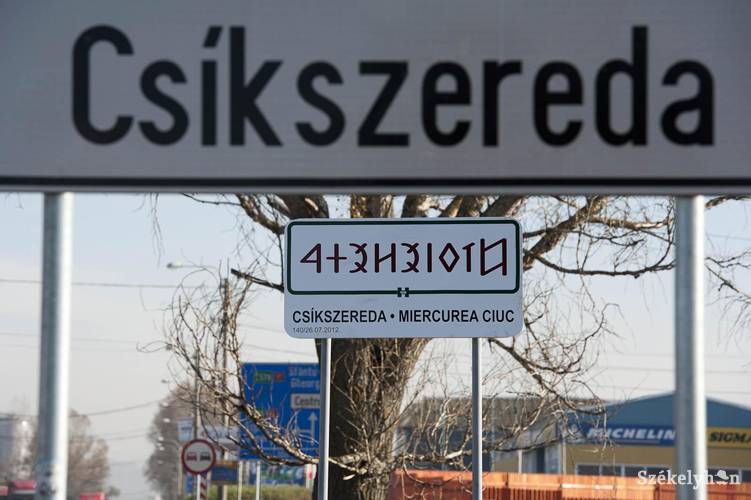Not only mass events, but also theaters, museums, and even the swimming pool will be closed if the plans in Bucharest are not changed.
The existence of Hungarian cultural institutions will be in danger due to the cost-cutting plans of the Romanian government, if the relevant draft legislation is accepted in its current form - warned on Thursday the mayors of Csíkszeredai Attila Korodi and Antal Árpád of Sepsiszentgyörgy.
According to the elders of Székelyföld, the draft emergency government decree of the Bucharest government aimed at reforming the public administration system in its current form seriously violates the autonomy of local governments and threatens the maintenance and operation of cultural institutions and sports facilities, as well as the community life of the cities as a whole. In small towns in Romania, the local governments operate the cultural and sports facilities, Bucharest only maintains the theaters in the big cities.
Csikszereda Mayor Attila Korodi pointed out in his statement: if the draft is accepted in its current form, they can close the theater, the museum, the swimming pool, and "wave goodbye" to mass events.
According to the draft, municipalities could spend a maximum of 7.5 percent of their income on culture, sports, and churches, which in the case of Csíkszereda, based on this year's income of 112 million lei (8.9 billion forints), means 8.4 million lei (666 million forints), although currently cultural, sports and church subsidies alone amount to 9 million lei (714 million forints), which does not include the cost of the institutional apparatus.
The prescribed amount could not be used to maintain the museum, the theater, the dance ensemble, or the sports facilities. The legislation obliges the leaders of the cities to eliminate or merge them.
Attila Korodi pointed out that while they are being renovated with European Union funds, their operation is in jeopardy. "Even the communists couldn't make our Old Music Festival impossible, but the Ciolacu government can do it!" he warned. He added that, like other Romanian cities, the seat of Hargita county could lose its appeal if the "content is killed".
Sepsiszentgyörgy Mayor Antal Árpád made a similar statement at his press conference on Thursday. According to the report of Maszol.ro, he said: negotiations are taking place in the association of Romanian municipalities to prevent the adoption of the draft law. He complained that Bucharest did not consult with the mayors in advance.
He said: in addition to the 7.5 percent threshold, the draft also stipulates that institutions employing fewer than 50 employees must be reorganized or merged. In the seat of Kovászna County, this would result in the merger of the Hungarian and Romanian theaters. In other parts of Transylvania, in an interethnic environment, the existence of Hungarian institutions would be endangered, he added.
According to Árpád Antal, the municipality of Sepsiszentgyörgy currently spends 28.5 percent of the budget on the maintenance of cultural institutions, sports and leisure activities, and green areas. In his opinion, it is impossible to fit into the 7.5 percent with these expenses.
"I understand that the government accounted for itself when it prepared the state budget, but the policing of the public sector should start with the central apparatus, and not take powers, financial resources and people away from local governments," quoted Árpád Antal Maszol, who is the head of the Hungarian Democratic Union in Romania (RMDSZ) is the president of the National Council of Municipalities.
He added: Bucharest's cost-cutting measures would also negatively affect the competition sector, and would cripple small and medium-sized businesses.
In Romania, on Monday, the governing parties agreed on a package of measures aimed at reducing public spending "to the greatest extent possible" and increasing budget revenues. The austerity measures also mean the liquidation of 200,000 unfilled civil servant positions, the abolition of "unjustified" allowances, and the merger and liquidation of institutions.
By the end of the year, they want to save around 6 billion lei (468 billion forints) by reducing expenses.
MTI












